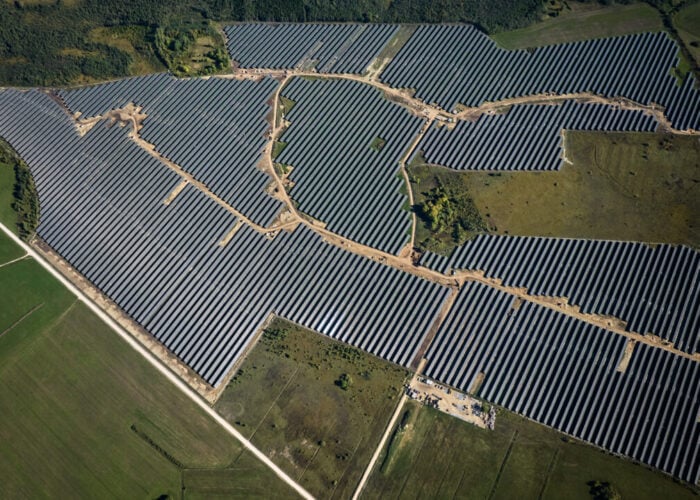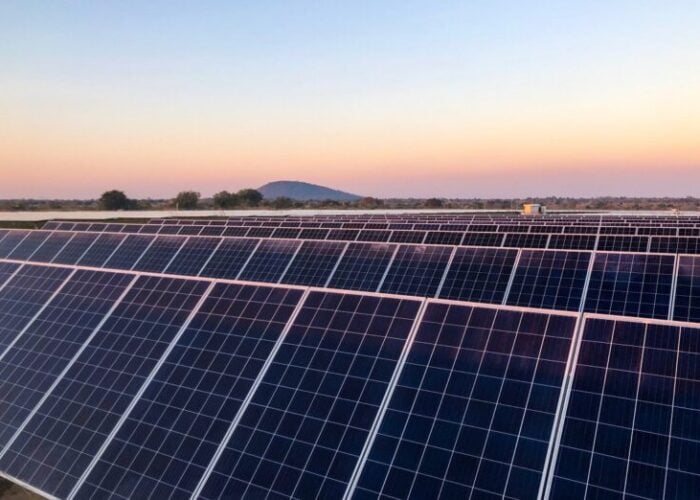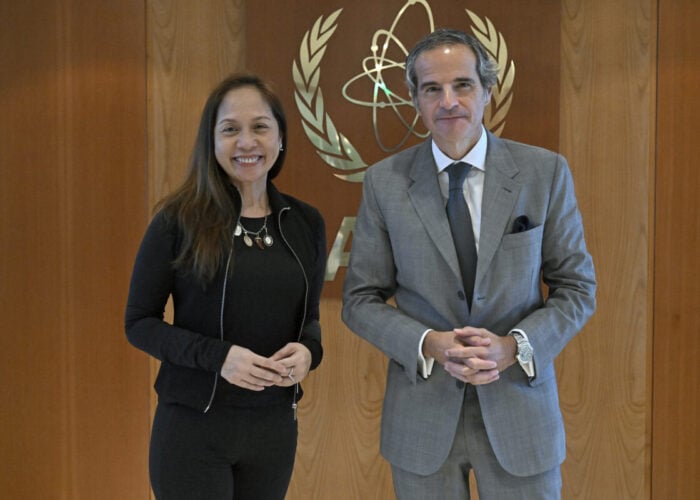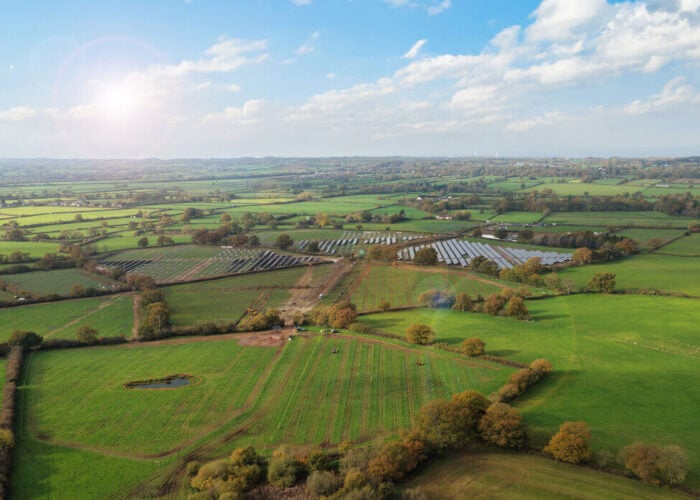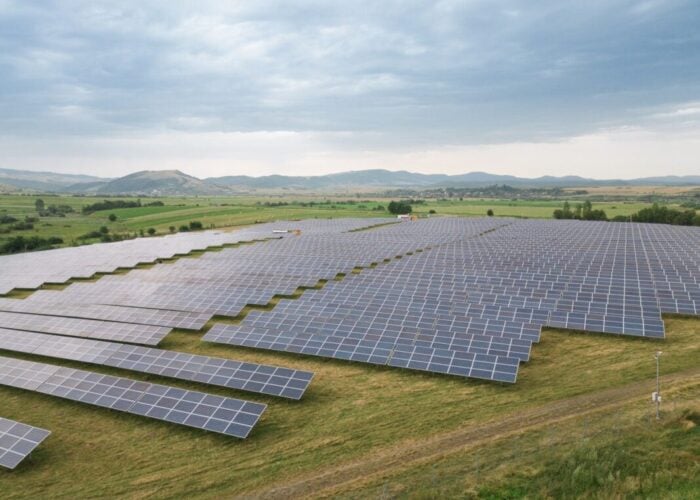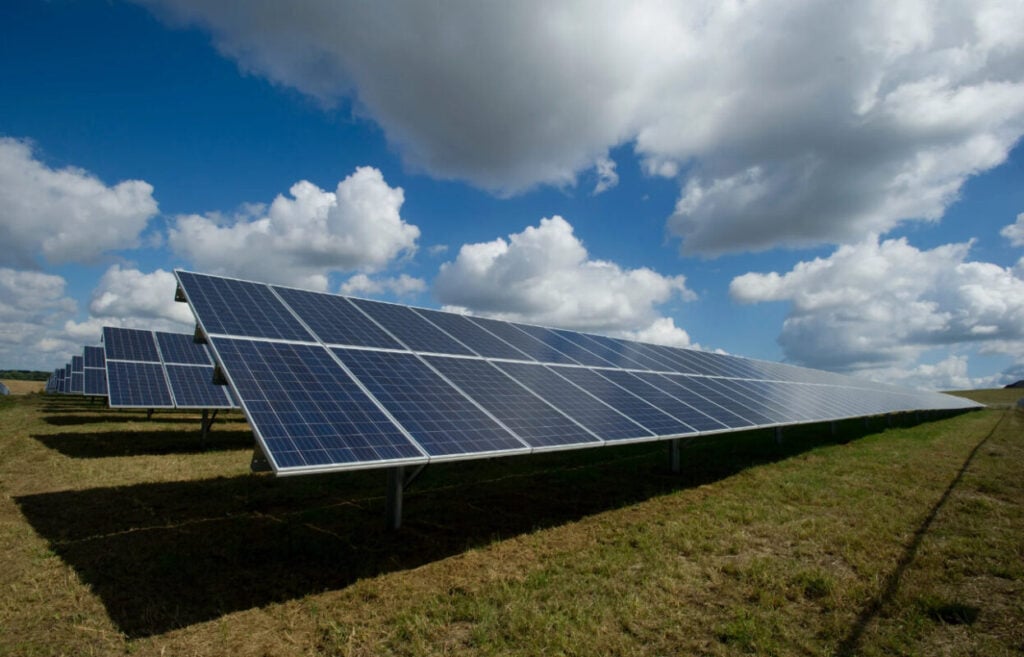
Romanian electricity transmission system operator (TSO) Transelectrica has published new rules for its grid allocation system, setting out time frames for auctions through which the government will award contracts for new energy generation projects.
The new rules aim to “support the integration of new electricity generation capacities, especially from renewable sources,” according to Transelectrica, by making the process by which developers can apply for project approval more consistent.
Try Premium for just $1
- Full premium access for the first month at only $1
- Converts to an annual rate after 30 days unless cancelled
- Cancel anytime during the trial period
Premium Benefits
- Expert industry analysis and interviews
- Digital access to PV Tech Power journal
- Exclusive event discounts
Or get the full Premium subscription right away
Or continue reading this article for free
The new rules, which will come into effect next year, cover new generation projects with a capacity of at least 5MW; capacity increases of at least 5MW at existing power generation facilities, including the addition of battery energy storage systems (BESS); and generation and storage projects of at least 5MW at existing consumption points.
On 15 January, Transelectrica will publish the available capacity over the next two years for new generation projects in each of the country’s five regions, setting out capacity for which new projects can bid. Developers will then be able to submit project applications from 16 January to 28 February, and either Transelectrica itself—for projects greater than 50MW in capacity—or local distribution system operators (DSOs) will publish a list of applications by 15 March.
By 15 June, Transelectrica will publish ‘starting prices’ for the bids—the estimated value of supplementary work divided by the total available capacity—and on 1 July, the TSO will hold auctions for the capacity offered, using those starting prices as the basis of negotiation. The new rules also set out four scenarios for how the auctions will be held, based on whether the available capacity is oversubscribed; if capacity available exceeds capacity bid for, or there is moderate oversubscription, all successful applicants will receive capacity bid for.
If capacity bid for exceeds capacity available, the TSO will decide which bids are successful, and allow rejected bidders to re-enter the process next year. If capacity bid for significantly exceeds capacity offered in one year, capacity that would have been made available in the following year’s bids can be brought forward to increase the capacity available for bidders to compete for this year, and these negotiations will be completed from a higher starting price.
A more ‘modern’ bidding process
The formalisation of the bidding process and timeline could be of benefit to the Romanian solar sector; Horia Grigorescu, a managing partner at MHG Consulting, wrote on LinkedIn that the new process is a more “modern” approach to adding to Romania’s operational renewable energy capacity.
“Romania’s new grid allocation system will reshape investment timelines, project economics and who actually gets to build from 2026 onward,” Grigorescu said. “Romania just moved to a modern, EU-grade system which is tougher, fairer and finally predictable.”
The reform comes as Romania’s solar sector sees record deployments, with around 1.7GW of new capacity added in 2024. In August this year, the government awarded 1.4GW of new solar capacity in its second Contracts for Difference (CfD) auction, more than triple the capacity awarded in the previous year’s oversubscribed CfD round.
This year has also seen the start of operations at Econergy’s 87MW Oradea project, and Shanghai Electric’s announcement of plans to build a 342MW project in the country.
By providing greater clarity on milestones and timeframes for the application process, the new rules will hopefully reduce risk associated with investments made into Romania’s solar sector, and encourage more private investments into the sector, alongside institutional finance that has been announced elsewhere.
Today, the European Bank for Reconstruction and Development (EBRD) announced plans to invest €192 million (US$222.6 million) into a 531MW solar portfolio in the country.

